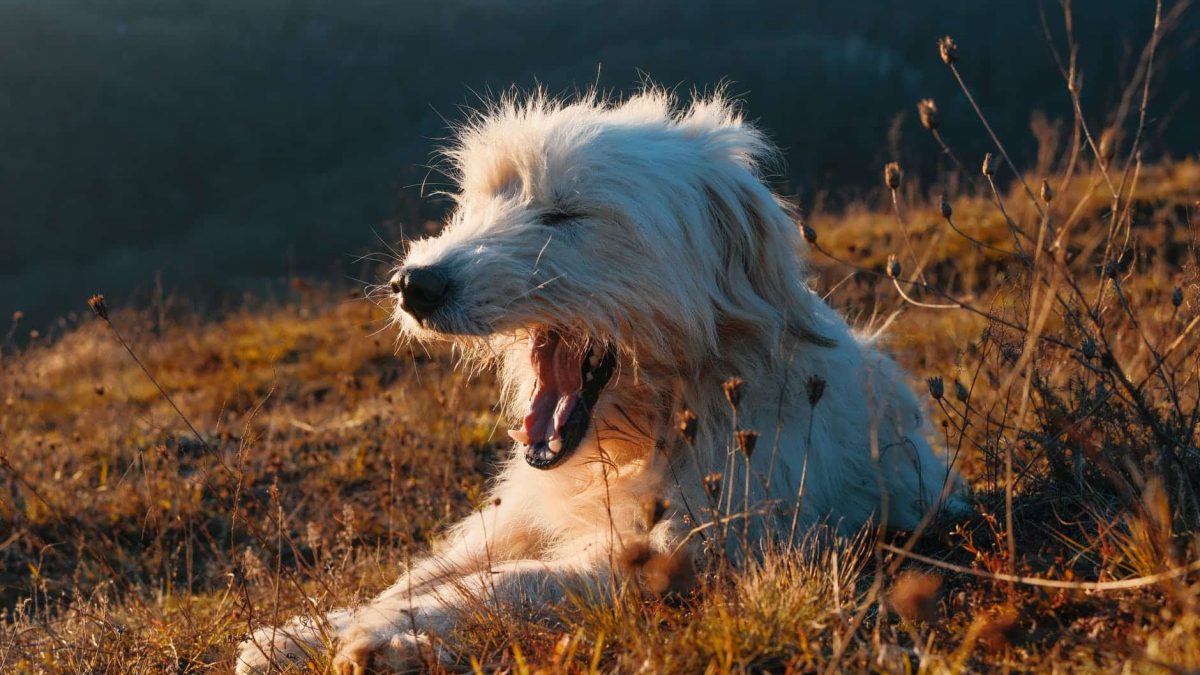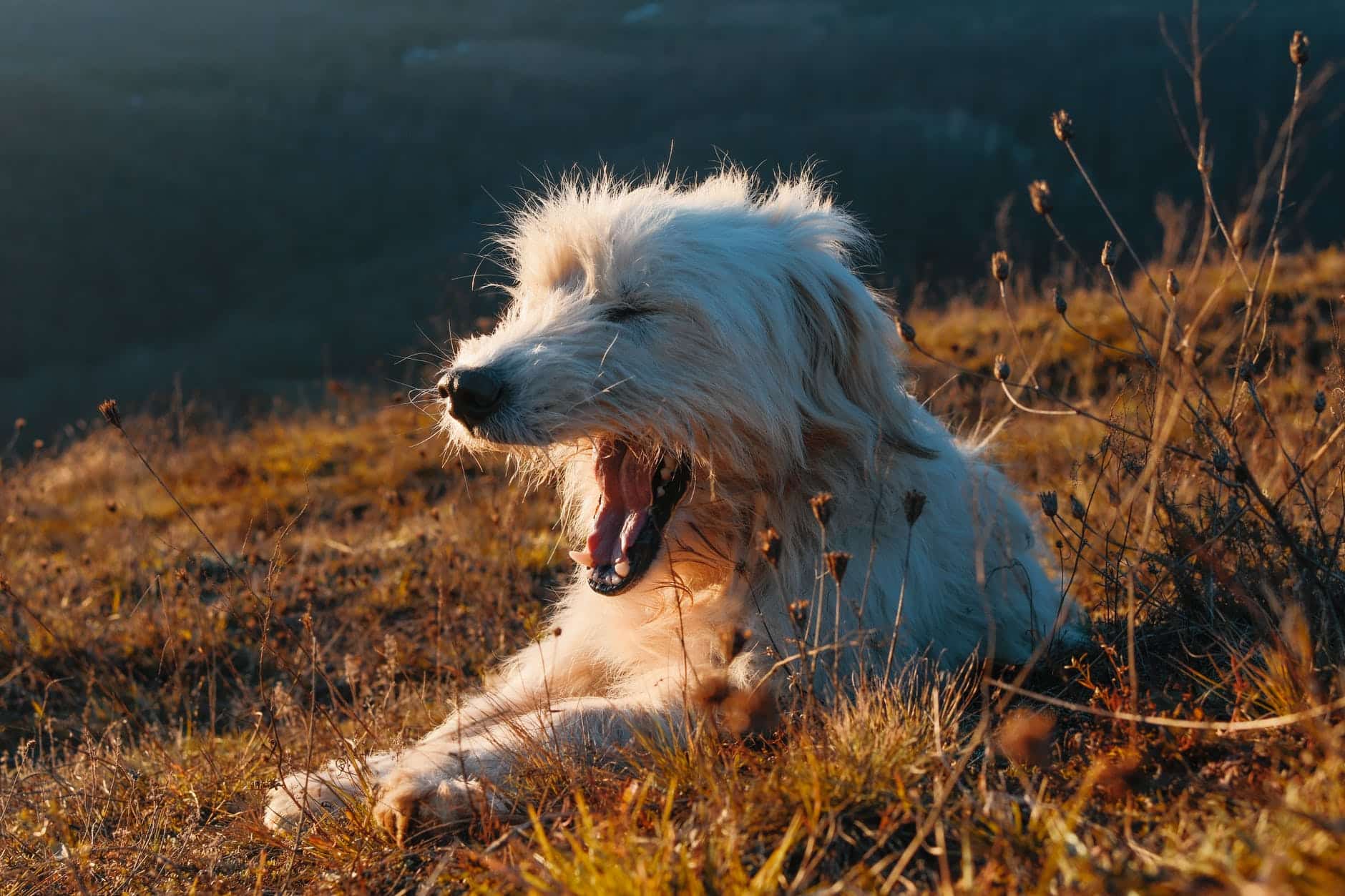Some dog parents may not know that aging goes beyond the typical health concerns of arthritis and diabetes when it comes to dogs.
Like humans, as dogs get older, they can suffer from dementia known as Canine Cognitive Dysfunction (CCD) or Cognitive Dysfunction Syndrome (CDS). Although it may seem strange that dogs can suffer from something that seems uniquely human, they can still suffer from mental decline.
Canine dementia can be a distressing disorder to experience for both you and your furry best friend. Figuring out if your pup is suffering from canine dementia can be challenging because symptoms can be confused with “bad behavior.”
What Is canine dementia?
CCD has only been on the radar for 30 years regarding canine health issues and is not consistently recognized among vets. In recent times, it’s been easier to guarantee dogs are living their best lives thanks to advances in veterinary medicine and dog parenting practices. A longer, happy life means a greater chance of canine dementia.
In fact, about 30% of dogs over the age of 11 show signs of CCD. Like Alzheimer’s, canine dementia is a brain disorder that changes mental processes, behavior, problem-solving, and memory. The signs of CCD are mild at first and over time, symptoms will increase.
What Are the Symptoms?
Your pup may first show mild signs and it’s easy to confuse symptoms with the typical behaviors of getting older; less playful, sleeping more, and quick to irritability. But you want to keep an eye out for these common signs of canine dementia and sudden changes in behavior:
- Excessive barking
- Separation anxiety
- Trouble learning new tasks
- Disorientation or confusion
- Restless sleeping
- Extreme irritability
- Lack of grooming
- Incontinence
- Loss of appetite
- Less desire to play
- Forgetting rules around the house and training
Currently, veterinarians don’t know the cause of CCD. Still, as a dog gets older, they are likely to face challenges with aging, including cognitive function.
Diagnosis and Living with a Dog with Canine Dementia
If your pup is staring off in space, confused and disoriented during their usual routine and showing signs of CCD, then it’s time to consult your vet. Your vet will run labs to rule out or discover any other underlying health issues. Your vet may request more tests like an MRI or X-ray, depending on their findings.
Your vet may prescribe medication to help brain function and chemical balances. There’s no cure for canine dementia, but your little buddy can still have a happy life despite their cognitive difficulties.
Along with medicinal help, you can make your dog’s life more comfortable by easing their anxiety.
Reduce moments of confusion or disorientation by avoiding big changes like moving furniture, their bed, food bowl, or changing routines.
A consistent routine that includes exercise outdoors can alleviate restlessness and help your pup get the solid shut-eye they need. Incorporating your dog into your own routine will strengthen their feelings of security and minimize their time alone.
Have Patience and Take It Slow
It can be heartbreaking to see your pup age and change while coping with canine dementia. Remember to have patience and take the time for leisurely walks. Let them make their own decisions and keep them mentally stimulated with tricks and games.
Exercise and a good diet are always factors to overall good health. Most of all, make your dog as comfortable as possible. Let them do what dogs usually do to find the little joys in their life (like indulging in flavorful food for mealtime and our yummy peanut butter treats) and savor every moment with them.
Worried your dog might have dementia? Vets4Pets’ dog dementia tool is a short survey that checks your pup’s symptoms.
If you enjoy learning about dog health and everything dog-related, follow us on Instagram and never miss a new blog post!
Do you like learning new tips and advice about your pup? Follow our Instagram to stay up to date when a new blog post drops!
Sources
7 Signs of Dog Dementia. PetMD. Accessed November 9, 2021.
Dog Dementia: Symptoms, Causes, Treatment and Life Expectancy. PetMD. Accessed November 9, 2021.








